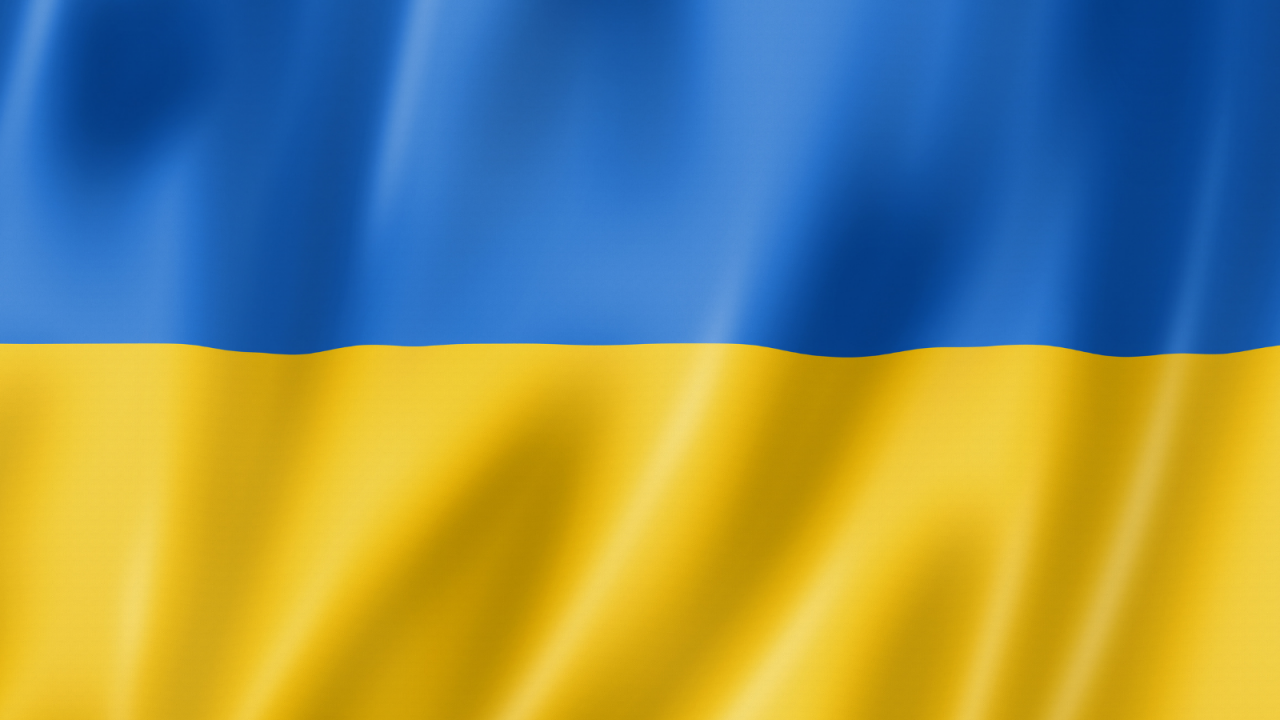FungiScope
Coordinator Oliver Cornely (Germany)
FungiScope™ protocol and current status of this ECMM Working Group has been published. For further information please refer to https://www.ncbi.nlm.nih.gov/pubmed/28730644 or contact the corresponding author oliver.cornely@uk-koeln.de
—–
The incidence of invasive fungal infections (IFI) is increasing in all parts of the world. The etiology for this ongoing epidemiological development is not completely understood. However, major contributing factors are the increasing number of transplantation procedures undertaken (estimated at 500,000 per year), a widening of the indications for intensive chemotherapy, and the growing number of other clinical conditions requiring immunosuppressive treatment.
Therapeutic standards have been developed for the most frequent IFI, i.e. candidiasis, aspergillosis and cryptococcosis. However, emerging fungal infections are also a reason for the increased number of IFIs. Thus clinicians are now facing infections due to a variety of different fungi without any reliable treatment recommendations and therapeutic decision making is not evidence based. Prevalence of emerging fungi is virtually unknown and there is an additional knowledge gap in pathogen biology, since isolates have not been collected systematically.
In order to overcome the lack of knowledge on epidemiology, clinical course, biology and pathomechanism and finally to develop an evidence based diagnostic-therapeutic integrated approach of IFI caused by clinically emerging fungi, A Global Emerging Fungal Infection Registry – Fungiscope™ has been created.
Fungiscope™ uses a web-based electronic case form accessible via www.fungiscope.net. For inclusion into the registry patients require cultural, histopathological, serological or molecular evidence of IFI and the associated clinical symptoms and signs. The clinical data on underlying disorder and IFI will be collected and stored in an internet-based database. Additionally, the pathogen strains and samples of infected tissue are collected, examined and stored in a bio-bank – the Fungithek. The clinical and biological data are subsequently evaluated and analysed. Figure 1 presents the data / sample flow and overall project structure. The clinical database and the bio-bank are connected and accessable to the public via a web-based search engine – FungiQuest.
Further investigators and coordinators are cordially invited to contribute to the success of Fungiscope™.
Contact Information
Chair:
Oliver A. Cornely, MD, FIDSA, FACP (oliver.cornely@uk-koeln.de)
Project coordinator:
Danila Seidel, PhD (danila.seidel@uk-koeln.de)
Coordinating Physicians:
Maria J.G.T. Vehreschild MD (maria.vehreschild@uk-koeln.de)
Blasius Liss, MD (blasius.liss@uk-koeln.de)
Technical advisor, site operator clinicalsurveys.net:
Jörg J. Vehreschild, MD (janne.vehreschild@uk-koeln.de)
Uniklinik Köln Infectious Diseases – Clinical Trials Unit II
BH E15 R64 Kerpener Strasse 62 50937 Köln Germany
T +49-221-478-85523 F +49-221-478-1435276 www.fungiscope.net
See the PDf attachments for the FungiScope reports:
Fungiscope-Report-December 2015
/ecmm/download/5Fungiscope-Report-Dec-2014.pdf
/ecmm/download/6Fungiscope-Report-December-2013.pdf
< back


